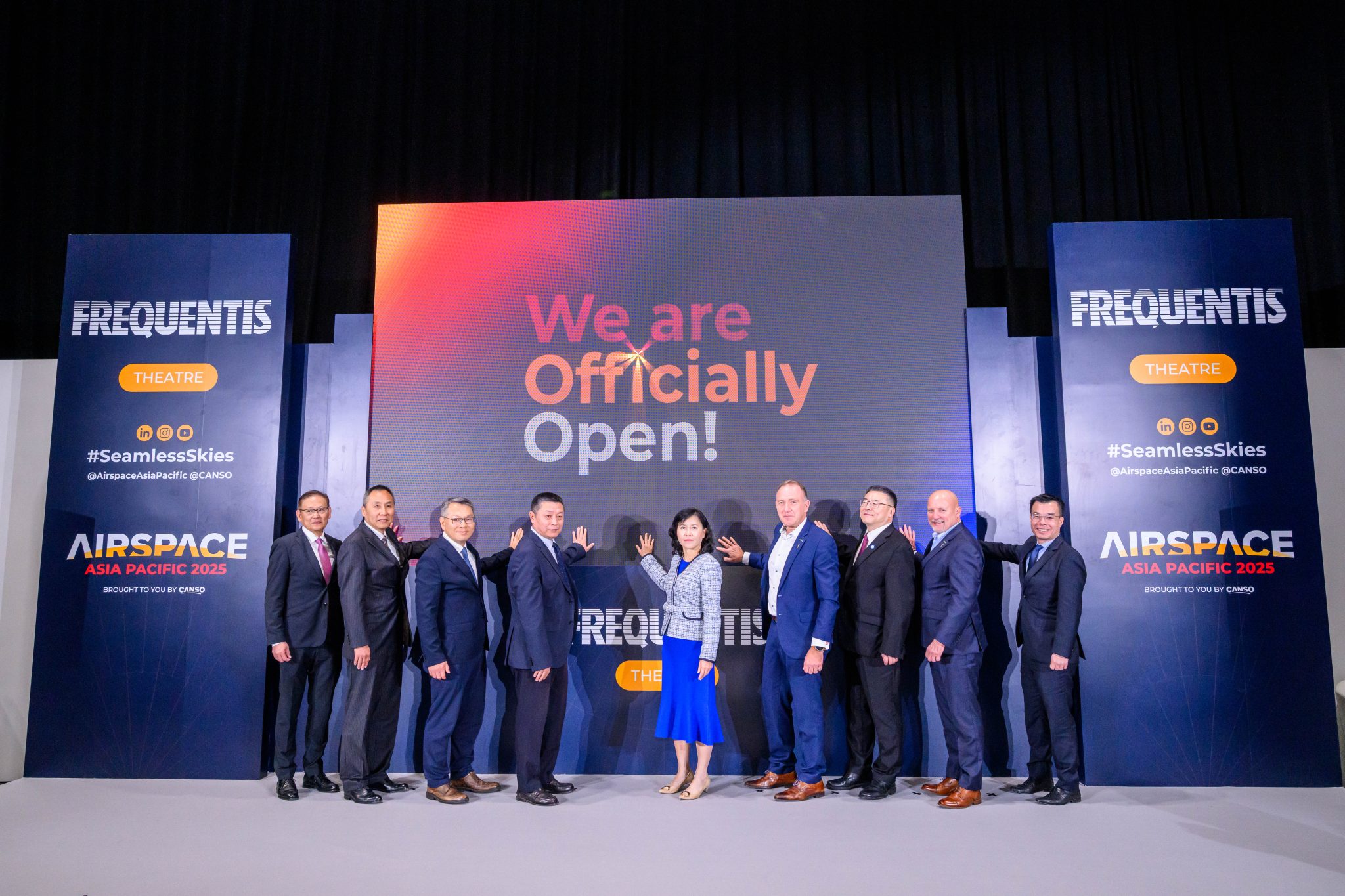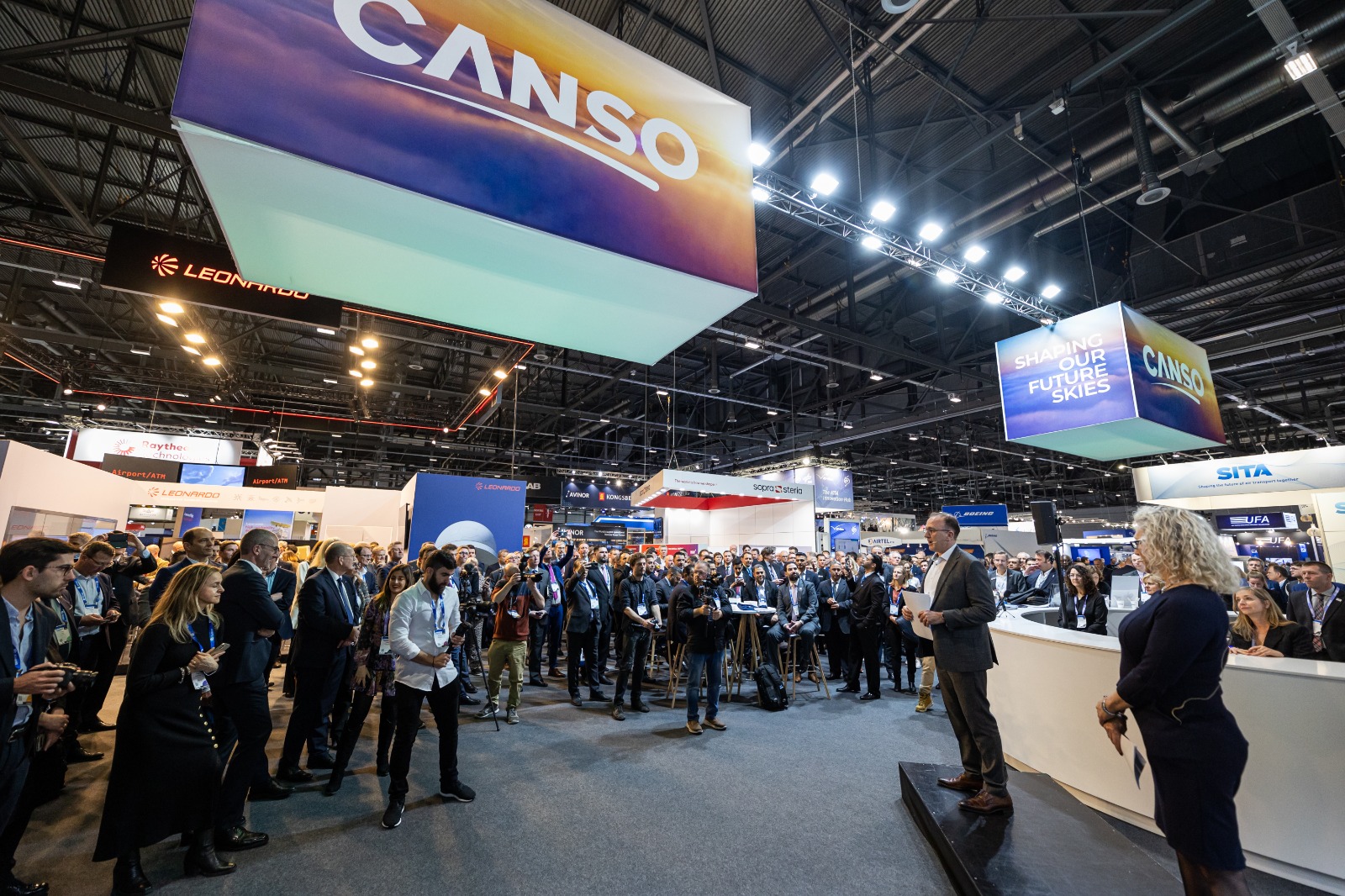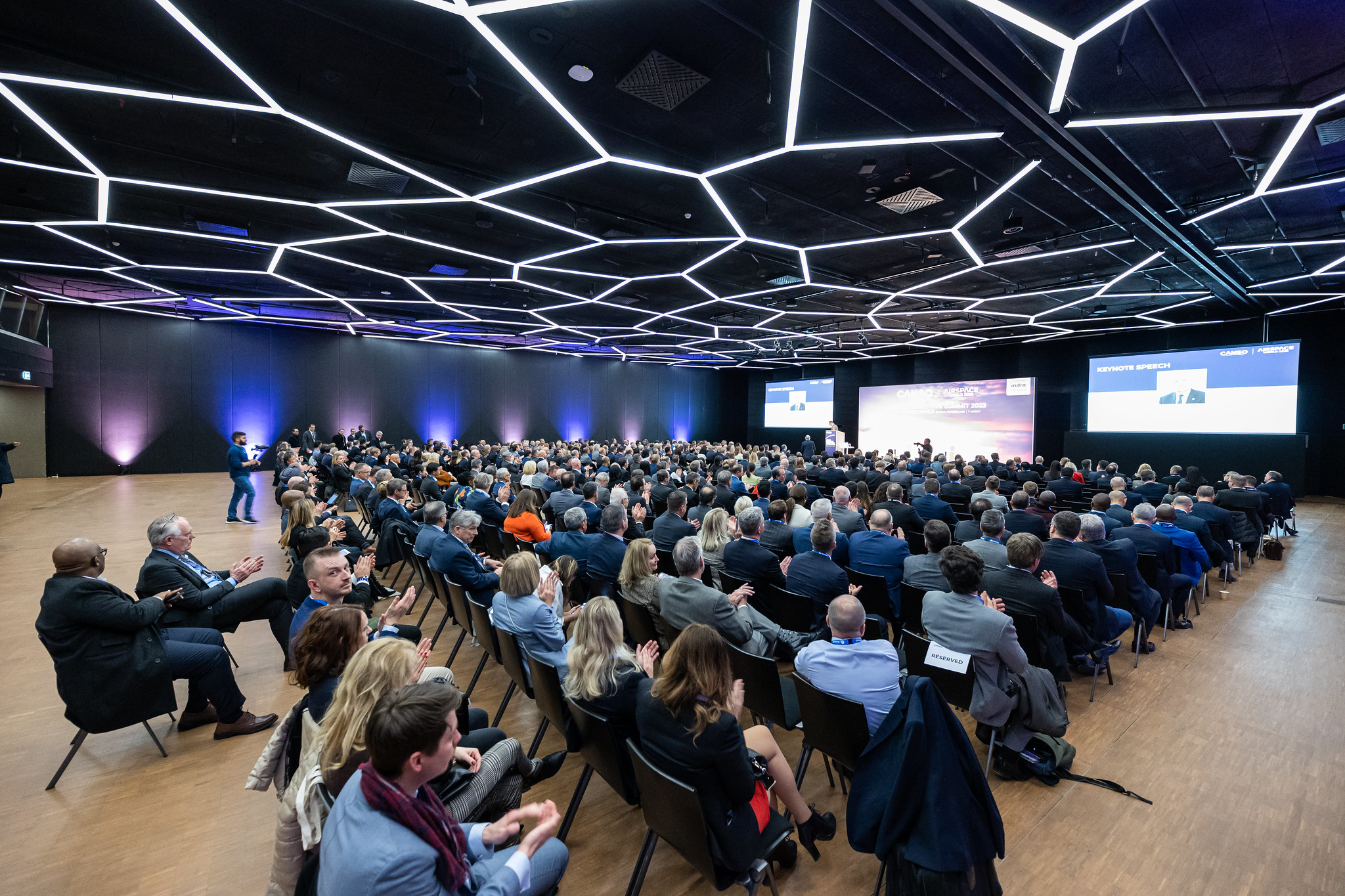Igniting passion for aviation
The Future Skies: Tomorrow’s Voices initiative had a huge impact on the final day of Airspace World. Across a breakfast and multiple sessions, some key points in the attraction and retention of young professionals were highlighted, some of which are not always considered.

A hybrid environment has pros and cons, for example. For the younger generation, it is seen as a positive, providing not only work-life flexibility but also the opportunity to speak up. The virtual environment can enable a confidence that is sometimes missing in the physical world with bigger, older voices dominating conversations.
But from the point of view of leadership however, a hybrid environment can make it difficult to create the right culture and to fully understand the needs of individuals, which are more apparent when working side-by-side in an office.
Another concept very rarely at the front of mind is reverse mentorship – where the younger generation share their insights and inspire leaders. The concept is attributed to Jack Welch, the famous former boss of General Electric. Essentially, young professionals are more attuned to the capabilities and promise of new technologies and procedures and have a stronger affiliation with future plans. The process could add tremendous value to an organisation, as could the impact of healthy equality and diversity policies. A CANSO/Firstfruits survey showed, for example, that gender imbalance is perceived as a health and wellbeing issue rather than pay, and 75 per cent agree that their organisation is an inclusive place to work.
The CANSO/Firstfruits survey highlighted five factors in attraction and retention:
- Support for health and wellbeing
- Inclusivity and diversity
- Meaningfulness of work
- Reliable and supportive people
- Total compensation
Cross-referencing the responses it was clear that, in terms of attraction, passion for the sector counts more than money. This will be a challenge for air traffic management (ATM), often termed “the invisible highway”. People walk through airports and fly on aircraft, but the orchestrator of air traffic connectivity, ATM, can go unnoticed.
The importance of diversity in recruitment rounded out the conversations. One tip is to focus on the strength of people as this will naturally lead to diversity. Different backgrounds have different abilities and so pursuing diversity will inevitably lead to a stronger organisation.
The aim should be to build young, diverse teams, get them to work together and then enjoy the positive results.



